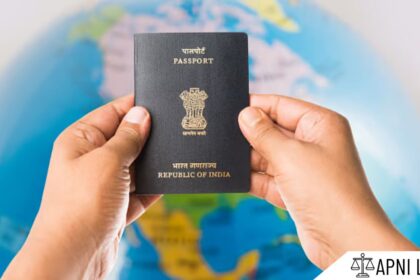In a recent judgment, the Patna High Court clarified that calling wife “Bhoot”, “Pisach” (flesh-eating demon) used by a husband do not amount to ‘cruelty’ under Section 498A of the Indian Penal Code (IPC). Justice Bibek Chaudhuri emphasized that while failed marriages may involve unpleasant language, not all instances of verbal abuse qualify as cruelty.
The case [M v F] involved a revision petition by a man and his father who were convicted under Section 498A IPC and Section 4 of the Dowry Prohibition Act. The complaint alleged dowry demands and physical assault on the daughter of the complainant, including verbal abuse using derogatory terms.
However, the High Court set aside the conviction, highlighting the absence of specific allegations and evidence supporting the charges. It noted that the complainants failed to produce crucial letters during the trial, and there was no medical evidence of assault on the woman.
The Court also observed that the allegations of calling the woman derogatory names were insufficient to establish cruelty, especially considering the lack of corroborative evidence. It concluded that the case appeared to stem from personal disputes rather than criminal acts.
Ultimately, the High Court allowed the revision petition, quashing the conviction and sentence imposed by the trial court. This judgment underscores the importance of substantiated allegations in cases of matrimonial discord and highlights the need for evidence-based legal proceedings.








